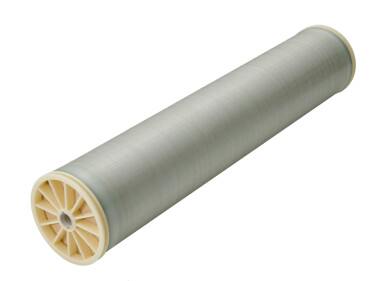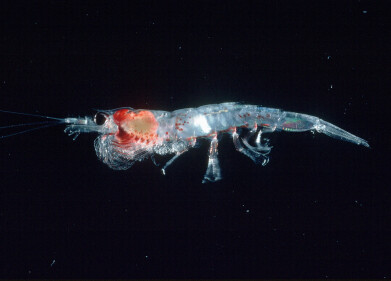Water/Wastewater
How Has Dell Helped Reduce Plastic Ocean Pollution?
Mar 17 2017
Where does plastic go when we throw it away? Some gets recycled. Some contributes to our massive, growing landfills. But a big chunk ends up in the ocean. Plastic ocean pollution is a growing problem with a number of hazardous consequences. But one computer technology company have made steps to fix the problem. How? Read on to see how Dell plans to tackle plastic pollution in our oceans.
Garbage patch kids
You only have to look at the Great Pacific garbage patch to see how bad the problem has got. It’s a gathering of litter around the North Pacific gyre that is estimated to be over five times the size of the United Kingdom. But this isn’t the be all and end all of the problem. A huge amount of plastic waste washes up on beaches every day, leaving them hugely polluted and completely unusable.
And there are millions more tonnes floating around in the ocean away from garbage patches and coastlines. They are a danger to marine life because of habitat destruction, direct harm and even ingestion of smaller broken down plastics. With the average plastic bottle taking about 450 years to biodegrade, the problem isn’t going to clean itself up.
A package of plastic waste
In a step to help solve the growing problem, Dell have developed models to identify plastic hot-spots using GPS and satellite images. These are locations where large amounts of plastic are entering the ocean. Using these models, scientists created Geographic Information System maps of other predicted locations.
These maps, so far, have been able to identify over a hundred sites across Asia, and there are more expeditions planned to expand the project and eventually begin collecting large amounts of plastic waste before it enters the ocean.
Dell has already collected some of the plastic, and used it to create a new packaging for its products. XPS 13 is partly made from the plastic found in waste hotspots, and will be used to ship all of Dell’s products starting April 2017. If all companies could follow suit, this would lead to a significant difference in the state of our oceans.
Cleaning up our act
There are similar problems of pollution in our lakes, rivers and reservoirs. After flooding, the water quality in these areas becomes contaminated by high concentrations of iron, aluminium, manganese and phosphates. It destroys the water for leisure use and consumption, as well as affecting aquatic life and flora. But what can we do? The problems, causes and possible solutions are explored in ‘The best way to clean up flooded lakes and reservoirs?’.
Events
Carrefour des Gestions Locales de L'eau
Jan 22 2025 Rennes, France
Jan 29 2025 Tokyo, Japan
Feb 05 2025 Nantes, France
Feb 16 2025 Kampala, Uganda
Feb 26 2025 Chennai, India




-as-feedstock.jpg)





